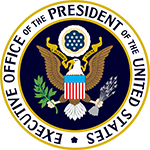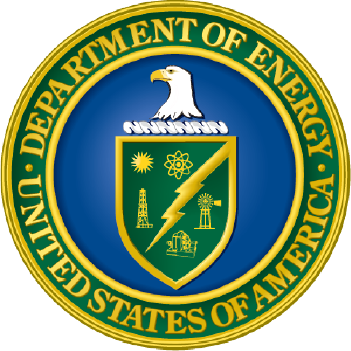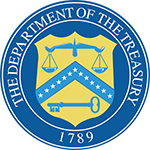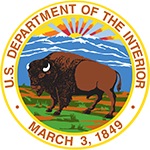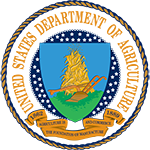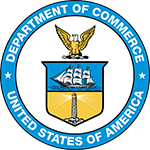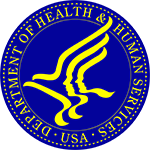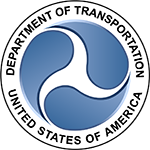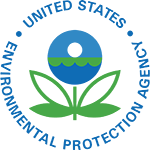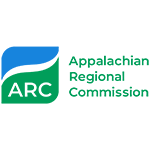Background
The Interagency Working Group on Coal and Power Plant Communities and Economic Revitalization (Energy Communities IWG)
Who We Are:
The Energy Communities IWG is committed to helping America’s energy communities take charge of their economic future and contribute to strengthening the nation’s energy security. We achieve this by:
- Empowering coal, oil and gas, and power plant communities to thrive economically for the long term, ensuring they remain great places to work, live and raise families.
- Eliminating obstacles and expanding access to federal resources for America’s entrepreneurs, small businesses and energy communities.
- Aligning critical infrastructure investments with priorities set by energy communities in need of good jobs and economic revitalization.
- Stimulating local and regional economic growth and innovation in energy communities across the country.
We engage with state and local officials, community groups, corporations, investors, labor unions, colleges and universities, philanthropic groups, and others. We listen to their respective needs and prioritize and coordinate federal actions to support community-led efforts to spur economic revitalization.

Why it Matters:
For generations, coal, oil and gas, and power plant workers powered the nation’s economy — and fueled our very way of life. With jobs in these industries in decline, people in these distressed communities are at risk of being left behind in a rapidly evolving economy.
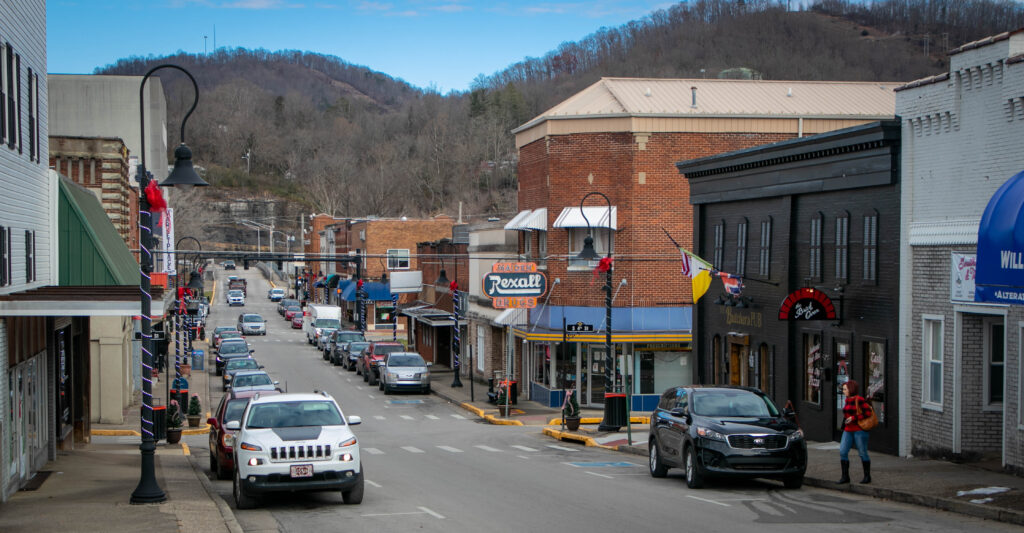

Making a Difference Today and Tomorrow:
While there are no quick fixes, America’s energy communities were selected for more than $54 billion in federal investments – and $315 billion more in private sector investments – just since 2021. These investments are supporting projects focused on workforce development, infrastructure improvements, broadband expansion, environmental cleanup, health and wellness, and more.
Over the long term, these investments will drive good jobs in energy, advanced manufacturing, entrepreneurial hubs, tourism and much more. Currently, nearly $600 billion is available in open/planned funding and tax credit opportunities.
Federal Investments in Energy Communities, April 2021 – December 2024
Note investments are rounded to the nearest million.
| Focus Areas | Grants | Loans | Formula | Other |
|---|---|---|---|---|
| Economic Development | $2,989 | $4,882 | $1 | - |
| Education and Workforce Development | $356 | - | - | - |
| Effeciency and Weatherization | $90 | - | - | $269 |
| Energy Infrastructure | $12,547 | $4,067 | - | $52 |
| Environmental Cleanup | $4,587 | - | $1,186 | - |
| Health and Safety | $424 | - | - | - |
| Housing | - | $1,587 | - | - |
| Low-Income Assistance | $73 | - | - | - |
| Other Infrastructure | $1,423 | $15,081 | $8 | - |
| Technical Assistance and Strategy and Planning | $53 | - | - | $5 |
| Telecommunications / Broadband | $867 | - | $476 | - |
| Transportation Infrastructure | $2,694 | - | - | - |
| Other | $15 | - | - | - |
| Total Investments | $26,387 | $25,617 | $1,670 | $325 |
| Grand Total Investments | $20,791,199,212 |
* Federal investments were calculated by the Energy Communities IWG from FY2021 to FY2024 from a variety of publicly available sources, as well as from data calls to member agencies and verified by partner agencies. This data is valid as of December 2024.
Our Priorities:
The Energy Communities IWG is provides robust support to workers and community leaders. Ongoing activities include:
- Bringing people together. Senior officials and technical experts from across the federal government met with thousands of stakeholders in dozens of states and Tribal areas. These ongoing sessions allow federal officials and policymakers to hear directly from energy communities about their unique needs and, in return, offer them tangible resources and actionable advice.

- Creating and managing a centralized online clearinghouse for funding and support. For the first time ever, funding opportunities and a wide array of related technical resources from across 11 federal agencies can be accessed via a centralized, online clearinghouse.
- Launching Rapid Response Teams (RRTs). The Energy Communities IWG deployed RRTs in Eastern Kentucky, Pennsylvania, Appalachian Ohio, the Four Corners region, the Illinois Coal Basin, Wyoming and West Virginia. This support includes everything from identifying relevant funding opportunities to market studies, site-specific analysis, grant logistics and more. Additional RRTs will be announced in the future.
- Providing a “Navigator” service. This personalized service features a dedicated team of experts who are reachable directly by email to answer questions and connect energy community stakeholders with federal agency partners and other resources related to grant assistance, infrastructure and workforce development. Contact the Navigator service here.
- Maintaining a “Getting Started Guide.” This downloadable, step-by-step guide helps energy communities — and the coal and oil and gas workers who were part of their lifeblood — start the process of planning or responding to ongoing economic, demographic and social shifts in their regions.
- Promoting federal incentives to encourage private sector investments in energy communities. Through targeted outreach, the Energy Communities IWG is working to educate about the benefits of investing in energy communities and better understand the challenges impacting private sector investment.
Previous Reports
Energy Communities IWG’s Initial Report to the President (2021):
Download PDF
Read a summary of the report
Energy Communities IWG’s Two-Year Report to the President (2023):
Download PDF.
Effective January 20, any statements or programs outlined in the Advancing Economic Diversification in America’s Energy Communities: Energy Communities IWG Progress Report that reference “diversity, equity and inclusion” or “community benefits plans” are no longer applicable, per Executive Order 14151 “Ending Radical And Wasteful Government DEI Programs And Preferencing.”

 )
or https:// means you’ve safely connected to
the .gov website. Share sensitive information only on official,
secure websites.
)
or https:// means you’ve safely connected to
the .gov website. Share sensitive information only on official,
secure websites.


